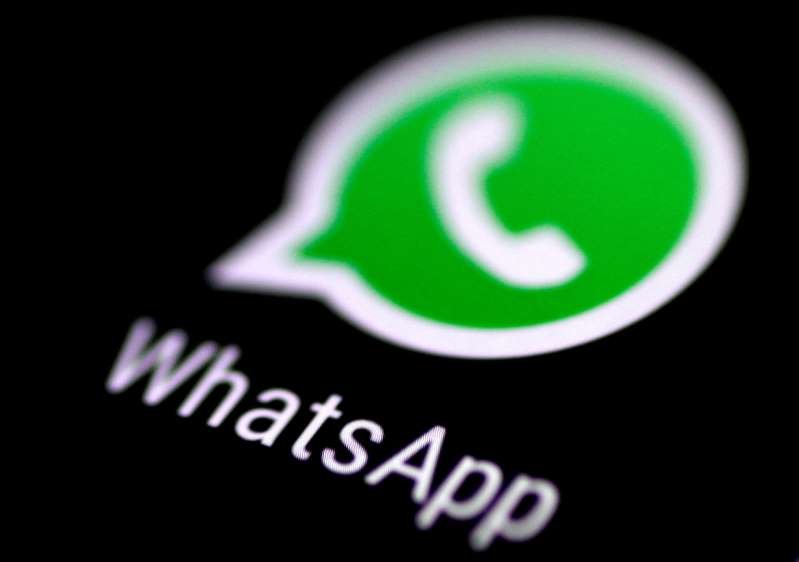Expert Dahi: “WhatsApp's privacy policy is still not great.” WhatsApp assures: No data exchange between European users and Facebook.

There was great excitement in the past few days after the messenger service WhatsApp announced new data protection rules. Competitors such as Signal or Telegram were very popular, WhatsApp has now postponed the introduction to May 15. For private users, however, these would hardly have any impact, as data protection expert Alan Dahi explained. In his opinion, WhatsApp still has some catching up to do in terms of transparency.
“To be honest, the new WhatsApp rules do not mean that much for private users,” said Dahi, part of the team at the noyb data protection association founded by Max Schrems, in an interview with the APA. “The changes are more of a cosmetic nature. WhatsApp has – like all companies basically – the obligation resulting from the GDPR to create transparency about what happens to our data: where do they go, how long are they stored?”
So far, WhatsApp's privacy policy, which is the most successful chat service with more than two billion users worldwide and was bought by Facebook in 2014, is “not really transparent,” said Dahi. “And actually you have to say: It's still not that great. You could continue to work there to make the statements clearer so that the user knows what is actually happening. This is all rather generalized. The user as well as we as data protection lawyers often ask us: What does that mean exactly? So it's a first step. “
The background to the innovations in WhatsApp is to “position itself in the medium term as a communication platform for companies,” explained Dahi. For example, a flight booking or support could be processed directly via the service. “They brought in a few elements with a view to this possible development.” But the exchange of data with Facebook, which was the stumbling block for many users, does not happen in Europe, emphasized the data protection expert. “Because of the General Data Protection Regulation.”
There are several reasons why the current situation has evidently made so many users think. “Since the introduction of the GDPR, people have simply become more aware when it comes to data protection and their privacy. We have heard a lot in the media about Trump, fake news or filter bubbles, and of course Facebook is one of the big players.” The connection between WhatsApp and Facebook would therefore be viewed critically by many. “In general, Facebook doesn't have the best reputation when it comes to data protection.”
In this regard, the expert rates competing services such as Signal or Threema significantly better than WhatsApp. It is more difficult with Telegram, however. “But if you basically look at the philosophies of the respective companies, then you can say that WhatsApp is more commercially oriented when bought through Facebook and therefore data is used. Signal, on the other hand, is a non-profit foundation, Threema is financed through the sale of apps , and Telegram was founded by a money-making activist and regime critic. “
A study carried out on behalf of the domestic broadcasting and telecommunications regulatory authority RTR shows WhatsApp as the clear market leader in Austria. Based on Reppublika data for the third quarter of 2020, an average monthly reach of 77 percent of all domestic Internet users is shown. Facebook Messenger follows in second place with 35 percent. The difference is even clearer in the mean usage time, which with WhatsApp adds up to over 900 minutes (almost ten minutes per day) for the third quarter. This is followed by Snapchat (69 minutes), Facebook Messenger (52 minutes) and Telegram (47 minutes).
“Messenger live from the network effect,” says Dahi. If more people were to use services like Signal, they could reconsider their future use of messengers. In any case, he currently has the experience that although many people access new offers, “they don't give up their WhatsApp account for that reason. Maybe they just see what happens next.” In any case, he does not believe that WhatsApp will change anything in the data protection rules by May, but rather rely on educational work.
WhatsApp itself stated in a statement to the APA that the new rules have no influence on the exchange of data. “To dispel any doubts: It is still the case that WhatsApp does not share any user data from the European region with Facebook in order to enable Facebook to improve its products or advertising.” Until May 15, they want to actively fight against “misinformation”.

